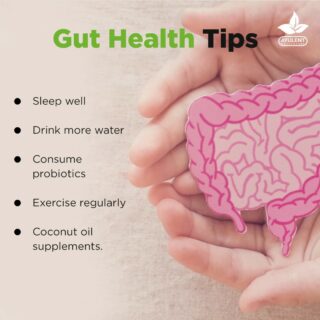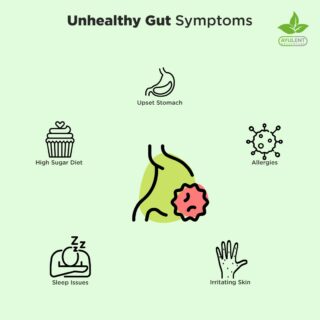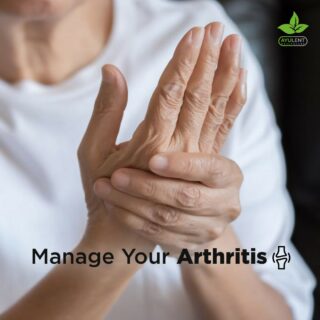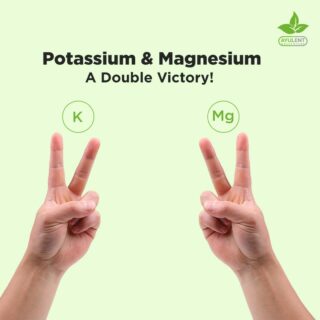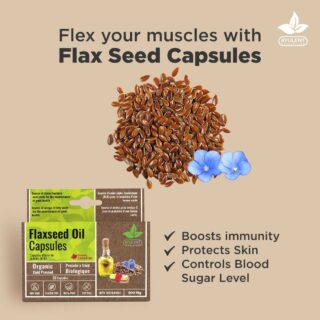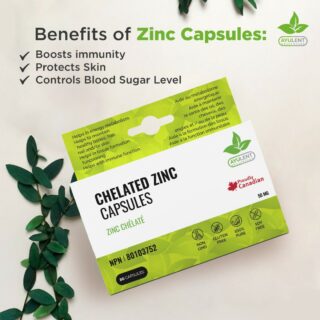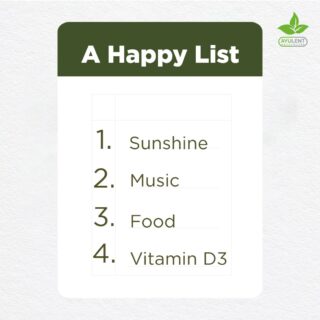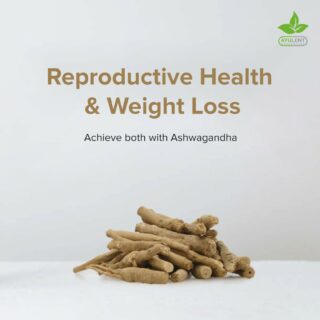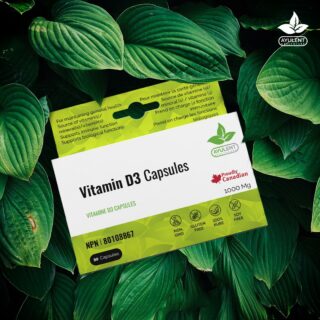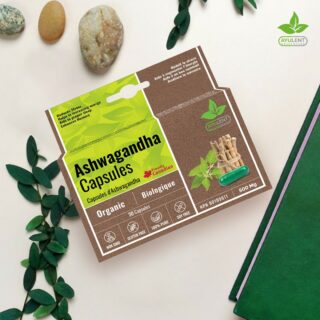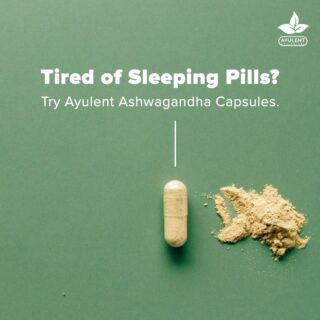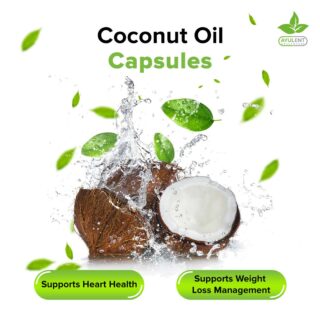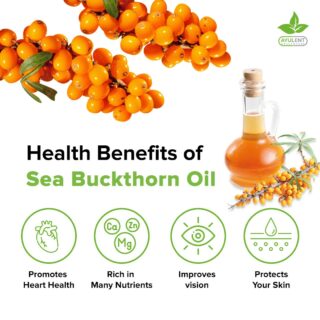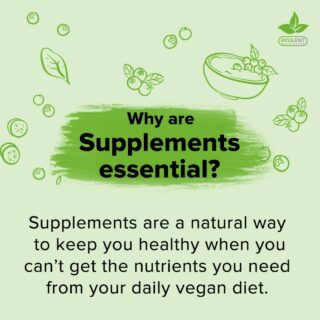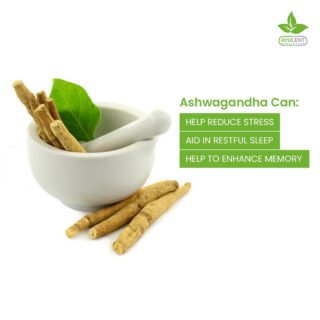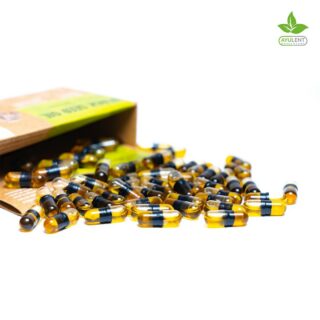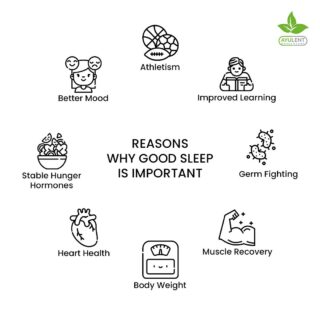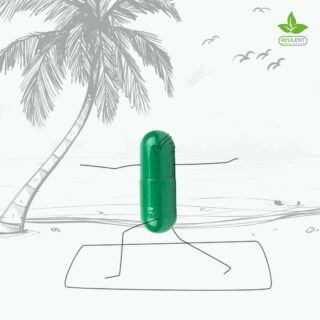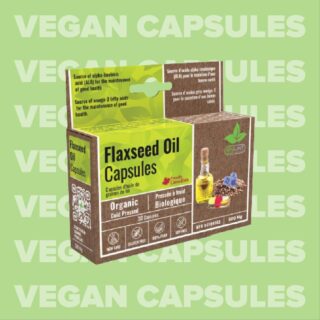
TIME TO TAKE VITAMIN D – The Sunshine Vitamin
By: Ayulent Healthcare
The sun vitamin is known for its vital role in bone health. Without vitamin D, the body cannot absorb the calcium it absorbs, and it steals calcium from the bones, increasing the risk of osteoporosis and fractures. It also helps maintain normal levels of phosphorus in the blood, a bone-building mineral. However, the lack of vitamin D does not only have consequences for bone health.
As the months go by, news about the risk of vitamin D deficiency and the vitamin’s potential role in fighting off diseases such as breast cancer, multiple sclerosis, and schizophrenia also passes. But vitamin D is as important as ever. Researchers have found that it is active in many tissues, cells, and bones, and controls an enormous number of genes, including those associated with cancer, autoimmune diseases, and infections.
At a scientific meeting in May 2008, Canadian researchers reported that vitamin D deficiency was associated with poorer outcomes in breast cancer-sufficiency women. A study published in June 2008 in Archives of Internal Medicine found that low levels of vitamin D in the blood of women and men with an average age of 62 who were referred to cardiac centers for coronary angiography were twice as likely to die from cardiovascular causes. A large study on aging in the Netherlands, published in the Archives of General Psychiatry May 2008 issue, found an association between vitamin D deficiency and depression in women (and men) aged 65 to 95.
The production of vitamin D on the skin is influenced by age: people over 65 produce about a quarter as much vitamin D as people in their twenties, as well as skin color (African Americans have about half as much vitamin D in their blood as white Americans) and sunscreen use (although experts disagree on the extent to which sunscreen affects sun-related vitamin D production). Under the right conditions, 10 to 15 minutes spent in the sun on the arms and legs several times a week can produce the vitamin D we need. But these conditions are elusive and the weather and time of day you live in, as well as the cloud cover and pollution, can influence the amount of UVB that enters your skin.
Lack of sunlight is less of a problem if the diet provides sufficient vitamin D. There are not many vitamin D-rich foods (see table), so you need to consume a lot of them (about 800 to 1,000 IU per day). If you live in the South and spend a lot of time outside and eat a lot of oily fish, vitamin D-enriched foods and supplements are the best way to ensure you get that amount. People with problems absorbing dietary fats, such as people with Crohn’s disease or celiac disease, do not get enough vitamin D from food, no matter how much they eat, because vitamin D requires dietary fats for intestinal absorption. And people with liver or kidney disease lack vitamin D because they need to get the active form of the vitamin from the sun, not from food.
You can take vitamin D tablets to complete your daily needs. Ayulent Vitamin D3 capsules are from a vegan source encapsulated in a vegetarian capsule in combination with coconut oil to reap the best of the benefits. Most multivitamins contain about 400 IU. Many calcium pills contain around 200 IU of vitamin D, so one multivitamin or two or three calcium pills should suffice. Do not take two, however, as a double dose of other vitamins and minerals (for example, too much vitamin retinol can cause hair loss and diarrhea and has been linked to hip and other fractures due to undesirable interactions with vitamin D ) can be unsafe. Make sure your intake from supplementary sources does not exceed 2,000 IU per day, the current maximum set by the National Academy of Sciences until we know more.




